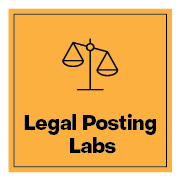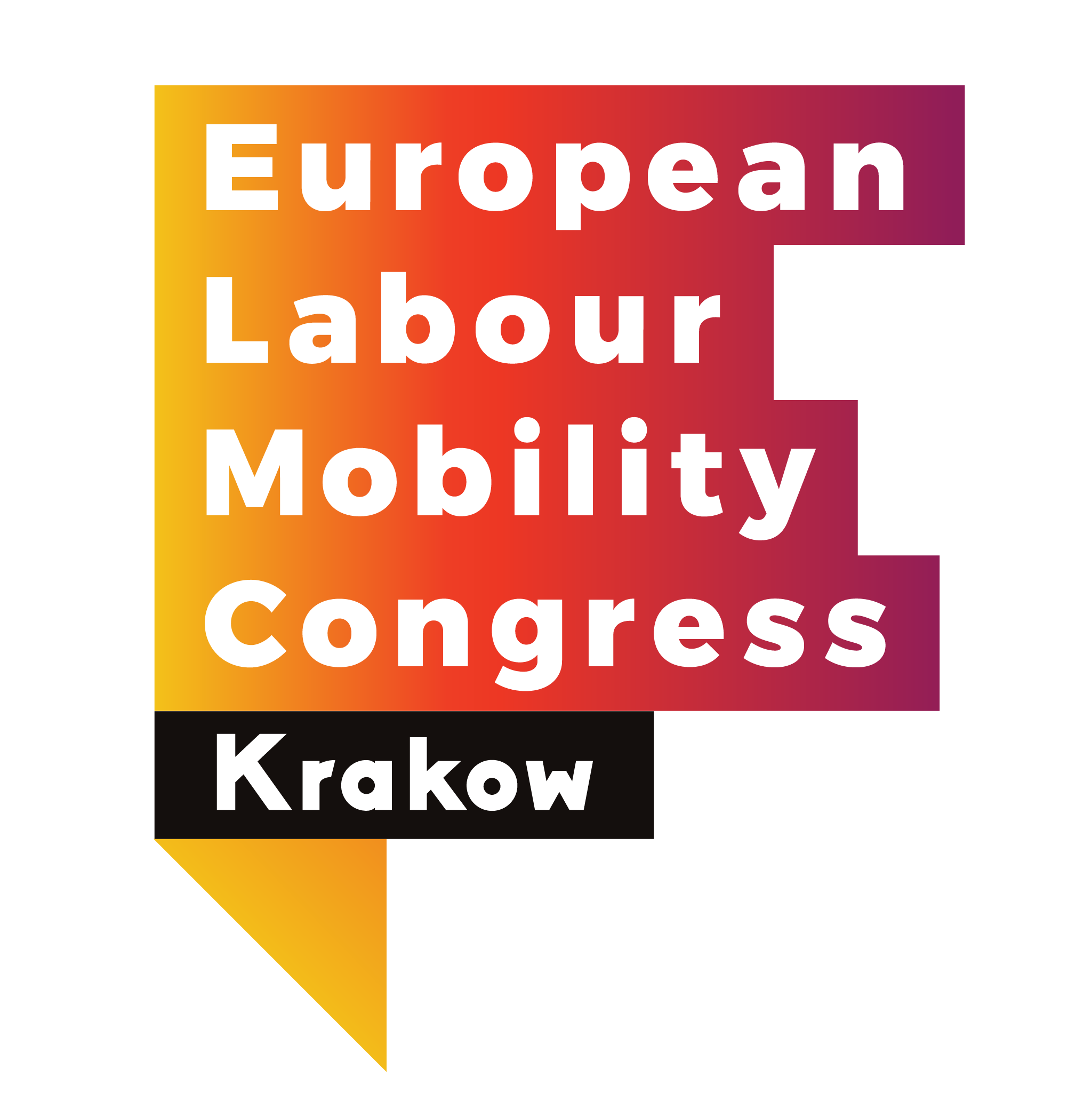How artificial is your intelligence?
In the EU financed Info-Rights project ELMI is proud to play the role of an expert partner. For few months now our Portuguese and Spanish IT experts have been training our Posting of Workers AI powered compliance assistant to (at least) refrain from telling lies.
As the result we have developed it to the stage of an astonished “I don’t know” tool and further development towards a competent advisor is going to take some work. But why is this a success story? Well…
Ask our Info Rights Assistant a simple question about posting of workers. Let’s say: What is PD-A1? Both large language model and Info-Rights Assistant will come up with a similar correct answer
But what if you ask a bit more tricky question, like: how long a TCN must be working or residing in the sending MS before they can be posted to another MS?
Well, our assistant will admit that it’s too difficult to answer without the help of a protein powered expert:

Sometimes no answer is better than a polite and competent lie. Asked the same question, the widely accessible AI LLM will tell you this:

If you follow this advice, you will not break the law, but you will lose clients will not wait for your service for three months. However if you remain suspicious of such a bold answer and dwell a bit, e.g. asking for the source, the AI widely accessible tool, will come up with a completely opposite answer:

It is still a wrong answer. Supported with sources it appears more trustful. Only if your intuition tells you that this is an obstacle which prevents companies who hire TCNs from competing with the companies who don’t or – even better – when you are an expert and you know the jurisprudence of CJEU, you may challenge the answer with the following question:

It gets a little bit easier from there. So let’s nail it down:

Clearly the receiving Member State may not impose unproportionate barriers to prevent service providers from sending Member States from delivering their services to clients on the territory of the former MS. But what if such barrier is constructed in the legislation of the sending Member State?
Before we go to the conclusion, how artificial your intelligence is? Here is the challenge: If you think it is legal in the EU to require any period of employment or residence in the sending Member State prior to the posting, can you prompt your AI to give a logic explanation of your point based on EU law or jurisprudence?

AI is a useful tool for simple questions. The above experiment shows that there is still some room for protein powered experts. It also shows that in the near future the best experts will be the ones to know the right questions and not all the answers, as it used to be in the past. There is one certain advantage of AI over a protein based expert. When confronted with evidence, AI will apologise and correct the answer. This is not necessarily the case with a human expert.
Time for challenge: ask your LLM AI to give a reasoned, supported with sources, based on law and jurisprudence arguments for a minimum period of employment of residence in the sending Member State prior to posting.
Your protein powered prompter was Marek Benio








